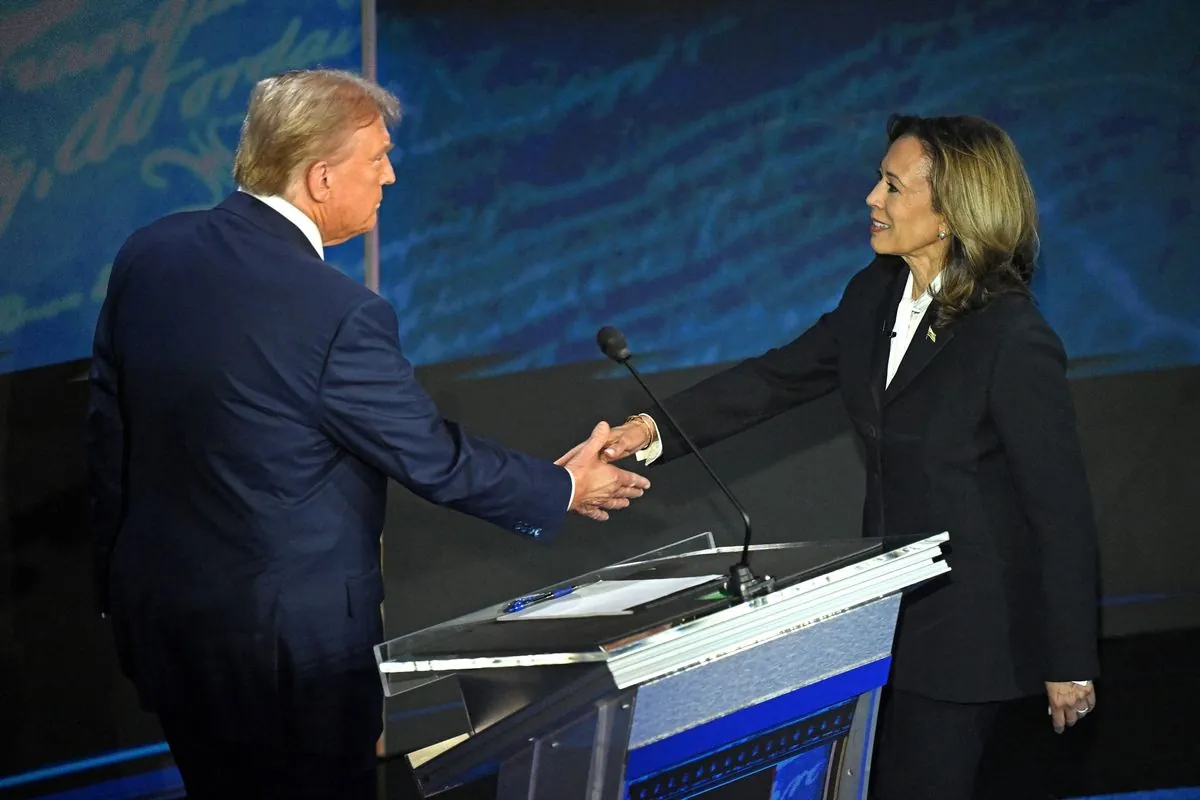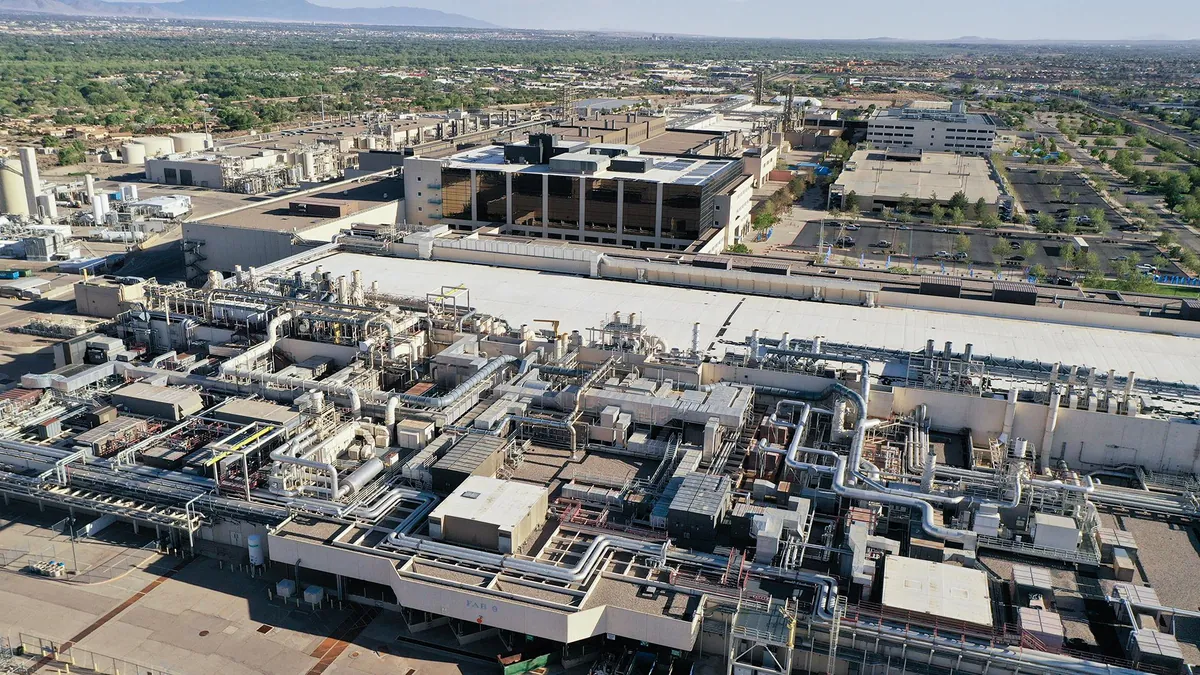Harris Gains Edge in Debate as Markets React Cautiously
Vice President Kamala Harris slightly outperforms Donald Trump in their first debate, impacting prediction markets and currency movements. Experts note the election remains close as economic policies take center stage.

In a closely watched political event, Vice President Kamala Harris and former President Donald Trump faced off in their first debate, sparking subtle market reactions and shifting prediction odds. The encounter, which took place on September 10, 2024, saw Harris making modest gains in public perception, according to online prediction markets.
PredictIt, a New Zealand-based platform offering exchanges on political events, reported a slight improvement in Harris' odds, rising from 52% to 55%. Conversely, Trump's chances dipped from 51% to 47%. This shift, while marginal, reflects the potential impact of debate performances on voter sentiment.
As the debate unfolded, U.S. stock futures experienced a minor downturn. S&P 500 E-minis, which track the performance of 500 large companies listed on U.S. exchanges, declined by 0.4%. Similarly, Nasdaq 100 E-minis, representing 100 major non-financial companies on the Nasdaq, dropped 0.5%. The Dollar Index, measuring the U.S. currency's strength against six major peers, also saw a slight decrease of 0.2%.
Market analysts offered varied perspectives on the debate's implications. Steve Sosnick, Chief Market Strategist at Interactive Brokers, noted the general nature of the discussion, touching on topics like semiconductor production and energy policies without delving into specifics. He suggested that markets might react more significantly in the coming days as key soundbites circulate.
Rob Carnell of ING observed that Harris appeared to manage Trump effectively, interpreting the dollar's slight weakness as a potential market lean towards the Vice President. Meanwhile, Ken Cheung from Mizuho Securities Asia highlighted the Chinese yuan's sensitivity to Trump's tariff policies, indicating that currency markets were closely monitoring the candidates' stances on trade.

The debate touched upon crucial economic issues, including the U.S. CHIPS and Science Act, which aims to boost domestic semiconductor production. This legislation, signed into law in 2022, represents a significant effort to strengthen America's position in the global tech industry. Additionally, discussions on solar energy reflected its status as the fastest-growing source of new electricity generation in the country.
Jack Ablin of Cresset Capital emphasized that despite the debate, the election remains highly competitive. He noted that voters' perceptions of their personal economic situations would likely play a crucial role in shaping the November outcome.
Karl Schamotta from Corpay observed that currencies potentially vulnerable to trade war tensions, such as the Mexican peso, Canadian dollar, and Chinese renminbi, showed slight advances. This movement suggests that market participants are factoring in the candidates' potential trade policies.
As the first woman, first African American, and first Asian American to hold the office of U.S. Vice President, Harris' performance in this debate carries historical significance. The event marks a critical juncture in the lead-up to the November 2024 election, with both candidates vying to present their visions for America's economic future.
While no definitive "knockout blow" was delivered during the debate, the subtle shifts in prediction markets and currency movements indicate that every aspect of the candidates' performances is under scrutiny. As the campaign progresses, markets will likely remain sensitive to policy discussions and potential shifts in voter sentiment.
"Because the margin is so narrow, I think markets don't know what to make of the whole campaign at this stage. It does appear that Harris is outpointing Trump, but I don't know that the markets have voted yet."
As the election draws nearer, the interplay between political events and market reactions will continue to be a focal point for investors and analysts alike. The outcome of this closely contested race could have significant implications for U.S. economic policies and global trade relations in the years to come.


































